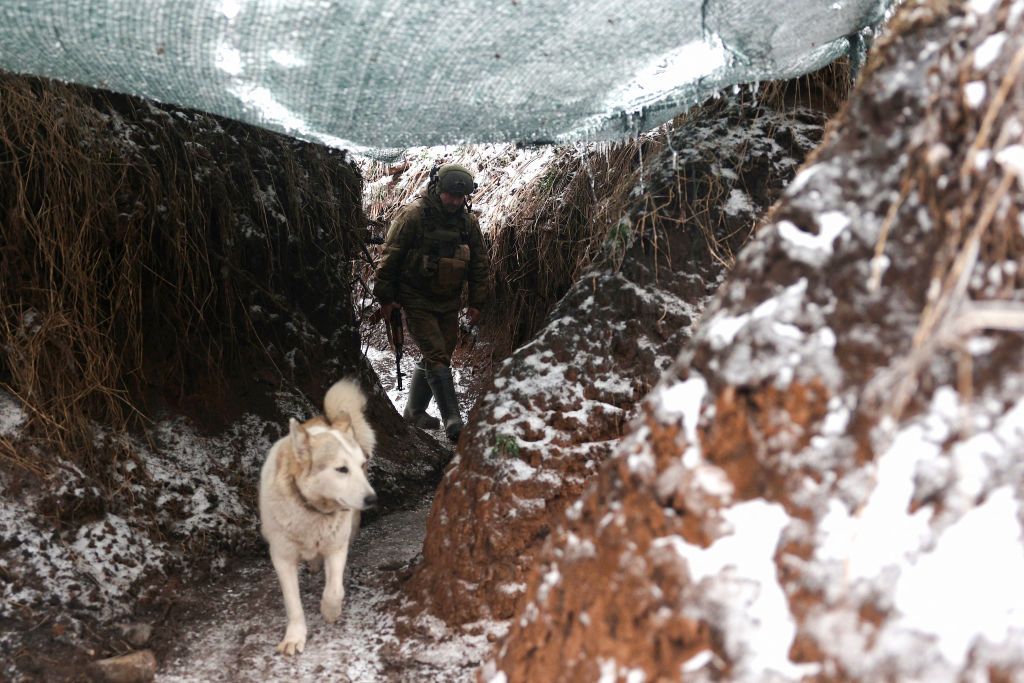Germany signs 'historic' agreement on permanent troop deployment in Lithuania

German Defense Minister Boris Pistorius and his Lithuanian counterpart, Arvydas Anusauskas, signed an agreement on Dec. 18 to permanently deploy a brigade of German soldiers in Lithuania.
The decision, described by Pistorius as "historic," represents the first permanent deployment of German troops abroad since the end of World War II.
The deployment of a brigade, consisting of close to 5,000 soldiers, will begin in 2024 and reach full strength in 2027.
The move aims to strengthen NATO's presence on its eastern flank with Russia, which is the "duty of Germany to protect," Pistorius said.
The planned deployment was first announced in June 2023.
Lithuanian lawmaker Laurynas Kasciunas said the country will allocate 0.3% of its GDP over the next several years to help fund the deployment. Pistorius added that measures would be taken to make the relocation attractive for German soldiers, including offering German language schools, housing, and other perks.
There is consensus across the political spectrum about the threat posed by Russia to Lithuania, and the subsequent need to increase defense spending, said Kasciunas.
Lithuania must be prepared for the "worst scenarios," said Anusauskas, because "Russia remains the main threat to us and NATO."












